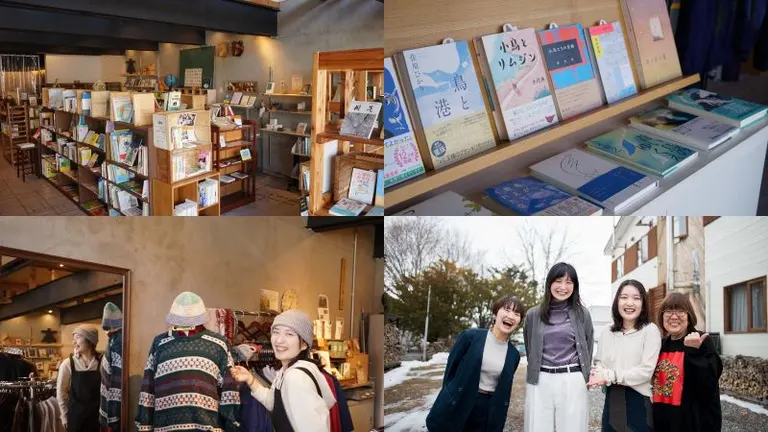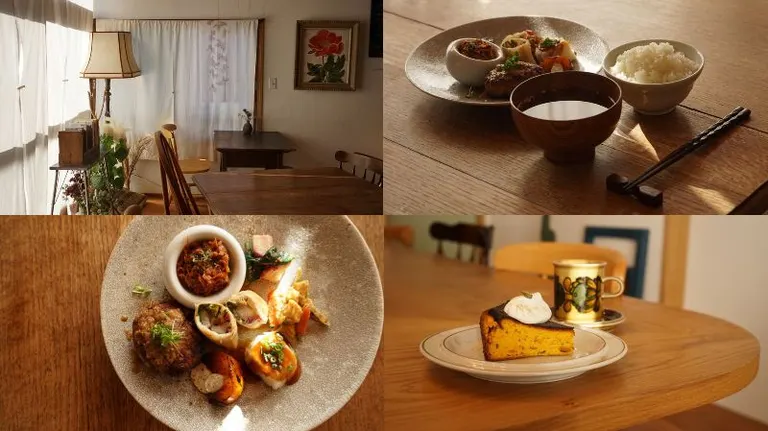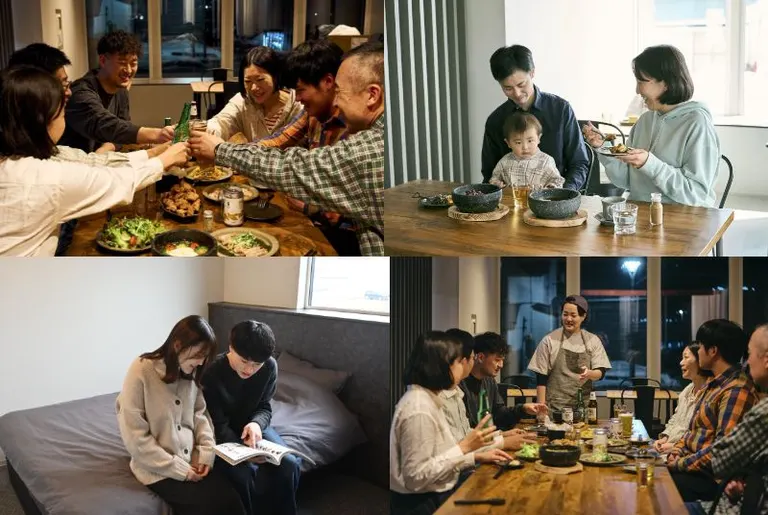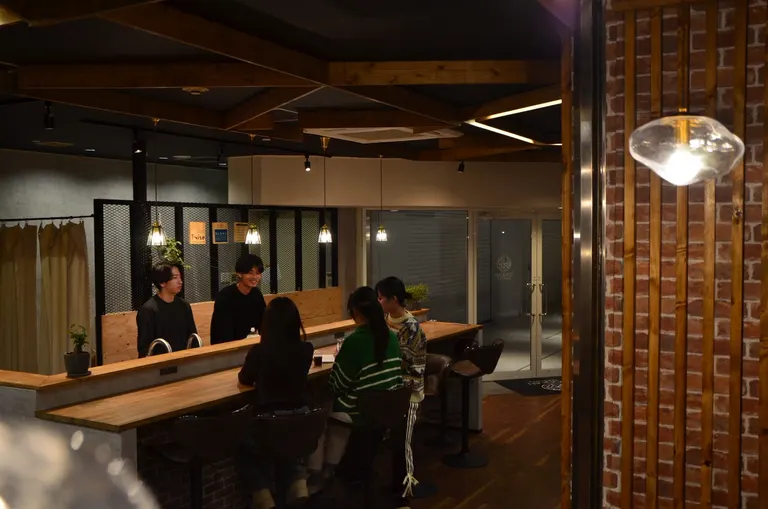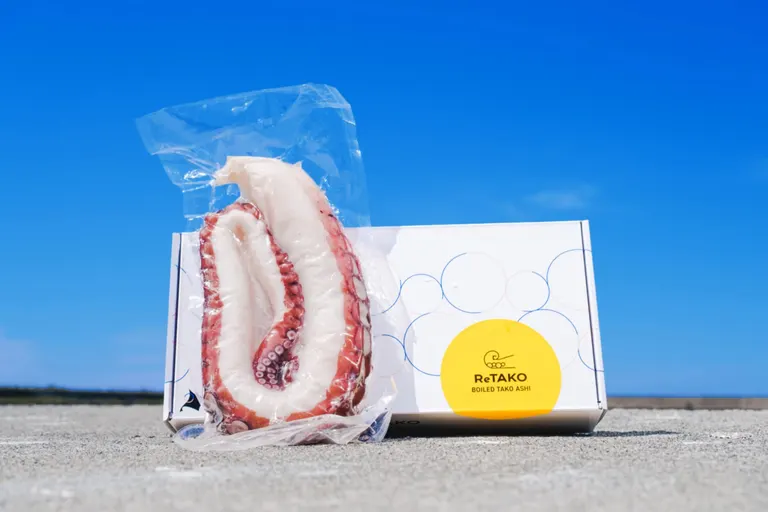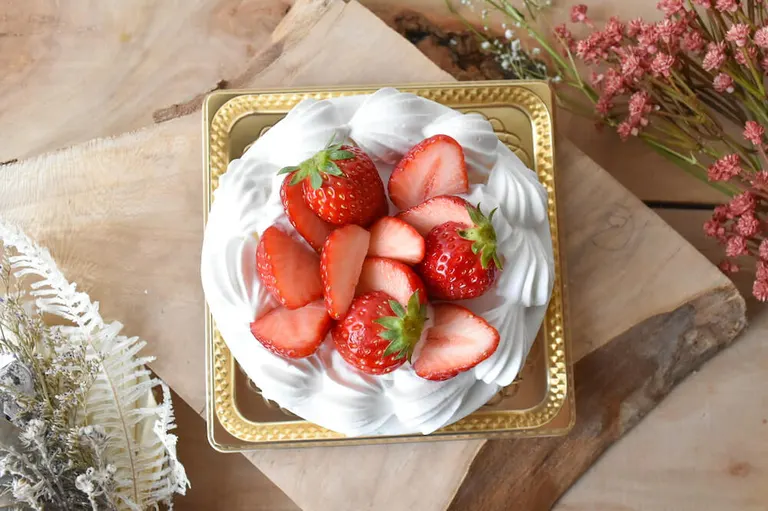
ARTICLES
Sweets for Everyone: A Hokkaido Bakery's Mission for Delicious Vegan & Gluten-Free Treats
With a background that deviates from the traditional path of a pâtissier—majoring in particle physics in college and later working at an advertising agency—Shibata creates sweets that are delicious, beautifully presented, and gentle on the body.
She continues to strive to make vegan and gluten-free sweets, still often seen as a niche category, easily accessible to those who seek them. Her unique approach to recipe development and fundraising makes her future endeavors ones to watch.
Table of Contents
Even with allergies, I didn't want to give up on cake.
Arisa Shibata was born and raised in Sapporo. Her family had a field where they harvested plenty of herbs and vegetables, and they also practiced beekeeping. She grew up in an environment where it was natural to “grow what you eat.”
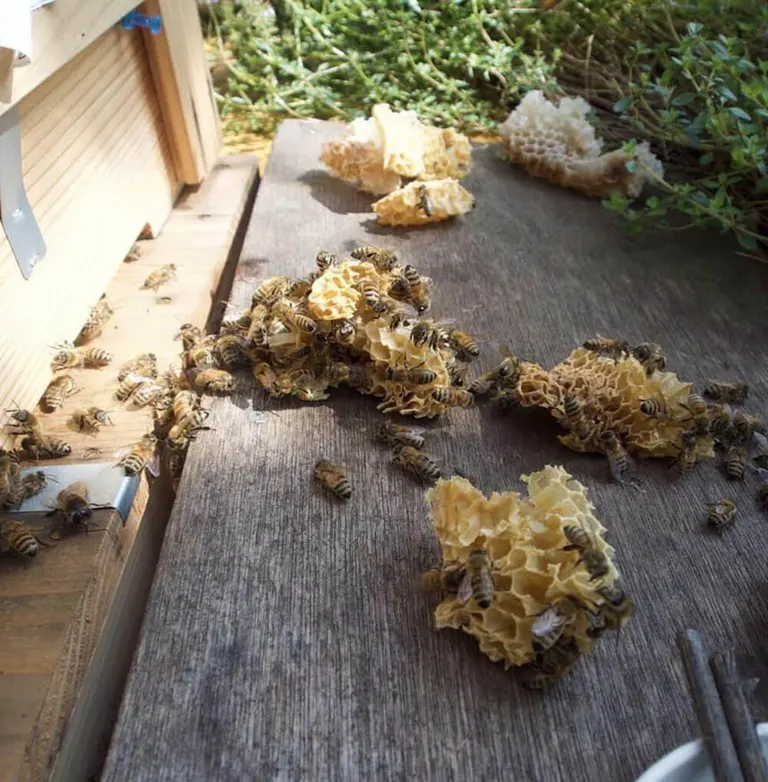
“My German grandfather ran a ranch and made his own ham and sausages. It was a true 'farm-to-table' lifestyle,” she says.
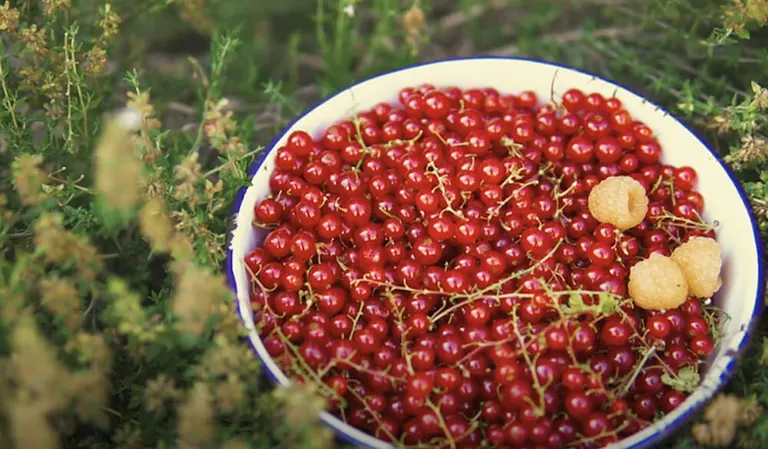
Despite a diet of safe, handmade food primarily from their field and garden, Shibata suffered from severe atopic dermatitis and allergies from a young age. Dietary restrictions made school lunches a challenge. Of course, choosing a restaurant when going out with friends was also difficult in college and as a working adult.
“Even if we casually dropped by a cafe for a cup of tea, I couldn't eat any of the sweets. I always felt a certain difficulty in living.”
Then, during a part-time job at a cake shop in her student days, she developed a wheat allergy. Even so, Shibata strongly felt that she “didn't want to give up on eating the cake I love.”
Since high school, she had been making sweets by omitting eggs or using soy milk instead of cow's milk, but at the time, there were no vegan or gluten-free dessert recipes, so it was all her own style. After enrolling at the Tokyo University of Science to major in particle physics, she began developing recipes through trial and error, using her science-based knowledge. She would think, “This animal-based ingredient could be replaced with a plant-based one,” or “The gluten in wheat works this way, so I could substitute it with another ingredient.”
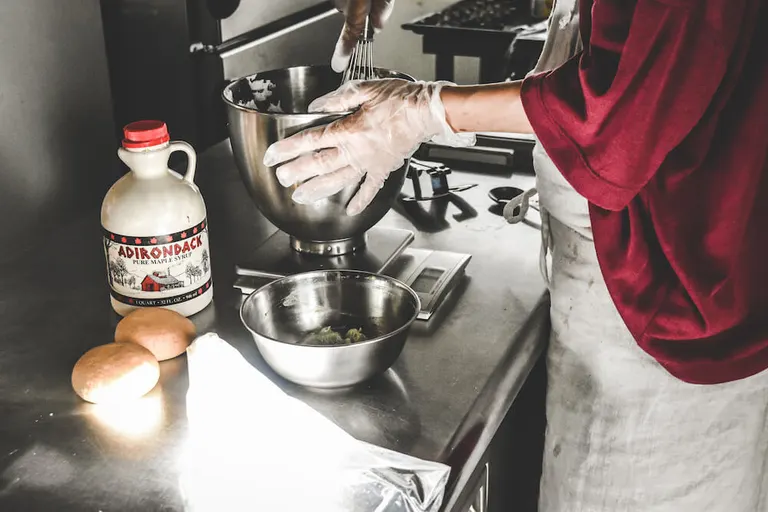
Broadening horizons through diverse experiences to finally open her dream shop.
After graduating from university, she stayed in Tokyo and joined an IT-related advertising agency. She chose it because she thought, “It would be interesting to work with clients from various industries and get a broad understanding of the business world.”
“Even back then, I dreamed of running a cafe or a sweet shop, but I didn't have a concrete plan yet. I just held onto the idea of returning to nature-rich Hokkaido someday to open my own place.”
After working there for a few years, she made a U-turn back to Sapporo and gained a wide range of experience, working in public relations and administration at a web design company and even traveling abroad for promotions. She then became a freelance advertising marketing professional. Around this time, she gradually began preparing to open her sweet shop, even working part-time at a restaurant to learn the ropes.
In 2017, she founded TREASURE IN STOMACH Inc. With the vision “One table for everyone!”, she set out to create a wonderful dining experience where everyone can happily gather around a table, regardless of religion, beliefs, or health conditions.
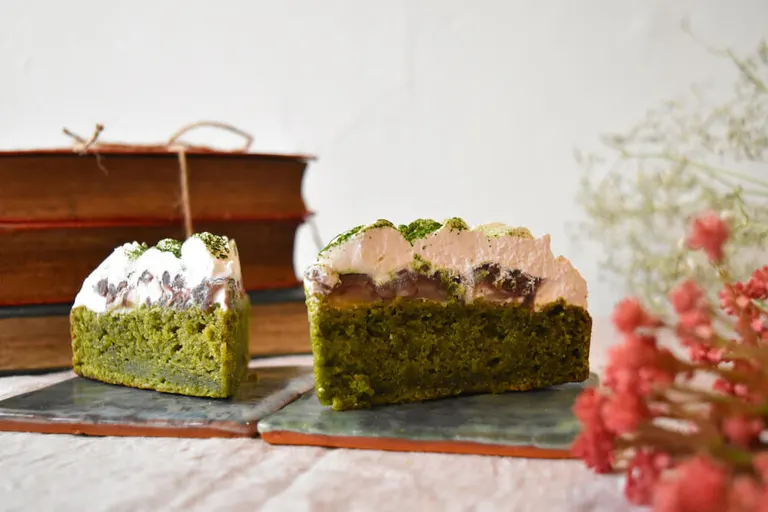
“Wa no Gateau” (Japanese-style Gateau) with delicious and chewy homemade gyuhi (a type of mochi)
“Even after founding the company, I spent two years preparing to open the shop. I didn't have many acquaintances in Hokkaido, so to build my network, I wrote IT and web marketing proposals for government agencies, collaborated with ad agencies on bids, and worked on their operations together.”
Then, two years into her successful career, she finally announced, “I'm quitting my job to start a sweet shop.” She had finally opened her long-awaited vegan and gluten-free dessert specialty shop, 'Arisa's Hokkaido Confectionery Shop chat.'
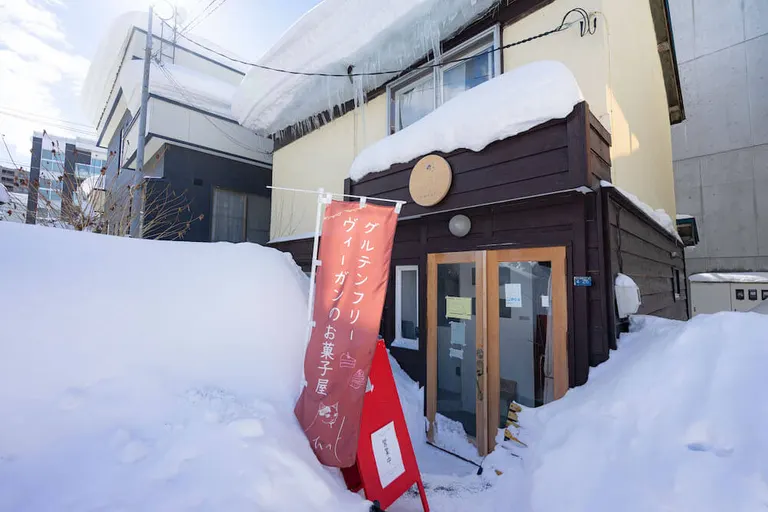
Her business contacts were surprised by the sudden announcement, but she says, “Thanks to the relationships I had built over those two years, everyone became a customer of chat. I was also very grateful to receive a lot of media coverage when we opened.”
Recipe development is a process of trial and error.
Currently, she runs the shop five days a week and also holds vegan and gluten-free baking classes. In addition, she used to handle marketing, recipe development, and product development all by herself, making the first four years after opening incredibly busy. Now, she operates with the help of a few staff members.
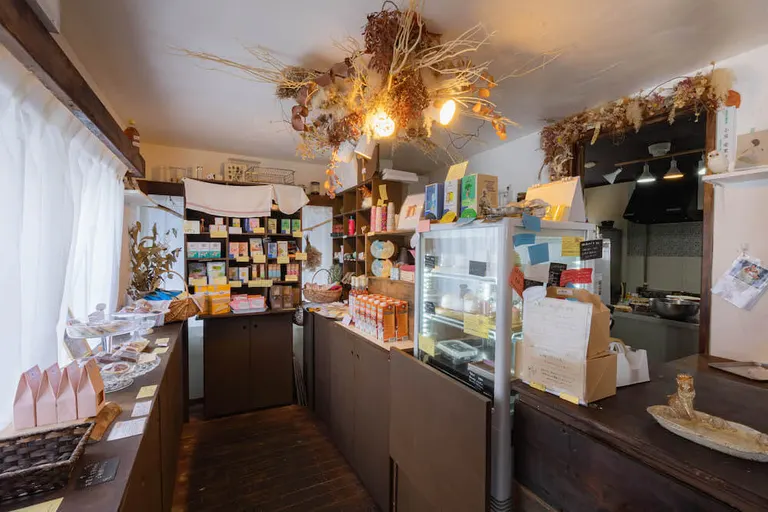
When Shibata first shared her recipes with the pâtissier who is now in charge of baking, the reaction was, “This is surprisingly easy.” Many students in her baking classes also find their perception of difficult vegan and gluten-free sweets overturned after following her recipes.
“In my baking classes, I design the recipes so they turn out beautifully even with a 3 to 5-gram margin of error. It's fun and easy, but the results look professional and taste delicious. That gets people excited and lowers the barrier to entry for vegan and gluten-free baking.”
The reason the recipes work well despite slight variations is that they are meticulously planned. Her method is like a science experiment: she creates about five recipe variations with different moisture and fat ratios calculated on a computer, makes test batches, advances the successful ones in a tournament-style elimination, and then refines the final winner.
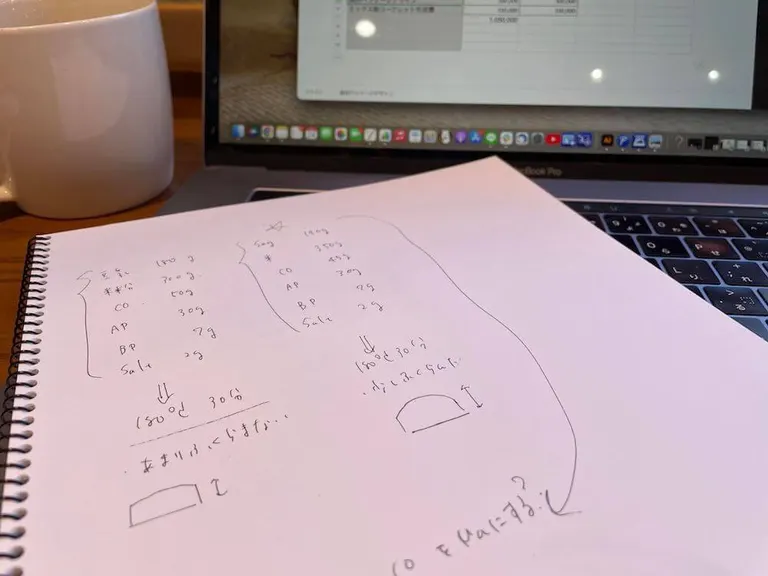
“For example, take beets, a pink vegetable. Their color fades when baked. I'd wonder, why does it fade? Is it because there isn't enough pigment? So where is the most pigment located? I research everything about beets, sometimes even reading scientific papers. As a result, I become an expert on each ingredient. In the case of beets, I learned that the skin contains the most pigment, so by adding a lot of skin, the beautiful pink color is retained even after baking.”
Of course, she also has a thorough knowledge of the wheat, eggs, and dairy products used in conventional sweets. This understanding is crucial because it would be difficult to replace them with plant-based ingredients without knowing their properties.
Making vegan and gluten-free sweets more accessible.
Shibata's driving force is her desire to erase the boundaries between vegan/gluten-free sweets and conventional ones. In Japan, vegan and gluten-free products are still sold at high prices, giving them an image of being for a wealthy few—an impression Shibata wants to change.
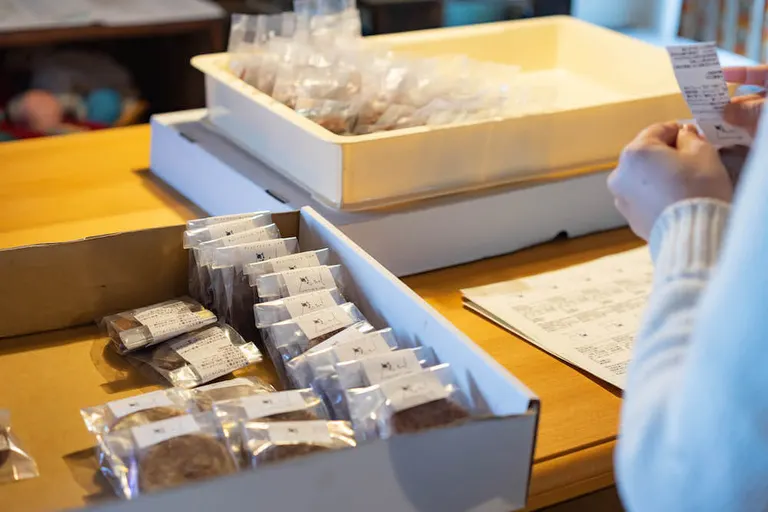
“Human lifespans will likely continue to increase. This means it will become common for people who can eat anything now to suddenly develop allergies in 10 years, or to face dietary restrictions due to high blood pressure or diabetes. Given this, I think it's wrong for vegan and gluten-free options to be positioned as something special for a select few. I want to create an environment where these products are sold everywhere, so people with dietary restrictions can naturally pick them up as one of their choices.”
To turn this strong conviction into reality, in February 2022, she took the unusual step for a sweet shop of securing funding from a venture capital (VC) firm. VCs are investment companies that fund ventures and startups with high growth potential. Since the ingredients for vegan and gluten-free sweets are expensive, increasing production facilities to make large quantities efficiently at once is key to lowering costs. If she can achieve this, more people will be able to enjoy her products.
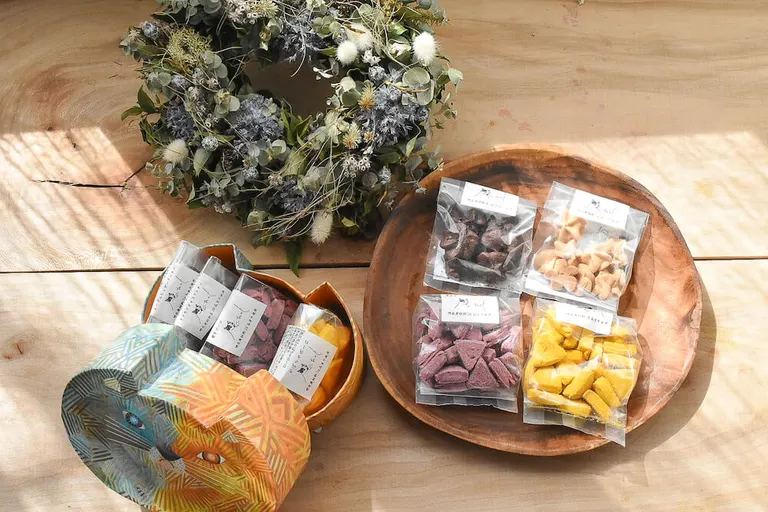
Four types of allergy-free cookies, free from 28 major allergens.
Shibata is not only revising recipes for mass production without compromising quality but is also constantly thinking of ways to improve manufacturing efficiency.
“Japanese recipe books often have many steps, but you can actually skip about half of them and things still turn out fine. For example, when making a tart, recipes say not to handle the dough too much because body heat will melt the butter. But if you cool your hands in ice water beforehand, it's not a problem. Small tricks, ideas, and new perspectives like this can boost efficiency and make tedious tasks easier.”
She clearly defines her goals and then works diligently to solve the problems necessary to achieve them. Shibata's journey is far from over.
Listening carefully to understand each person's needs.
Shibata says she feels a sense of joy when she sees a child with allergies, their face lit up, choosing a treat and asking, “Can I eat everything here?”

The incredibly delicious vegan & gluten-free “Weekend Citron”
“It's truly sad when I go to a restaurant and get turned away with, ‘If you can't eat wheat and egg whites, we can't serve you.’ Wheat allergies vary in severity, and some people are fine with cooked egg whites. It's tough when there's no detailed inquiry or willingness to accommodate. However, I also understand the risks for a shop if an accident were to happen, as perfect allergy management is difficult. That's why I've decided not to shut the door from the start, but to listen to everyone's story.”
After listening, Shibata does her best to meet their needs, suggesting alternatives like, “I can't add cream, but I can make a pound cake for you.” For customers, the reassurance of being heard and accommodated is as priceless as the joy of being able to eat the sweets.
“As the business expands, there's another thing I want to share: there are so many delicious things in Hokkaido that are still relatively unknown. At chat, we use many Hokkaido-produced ingredients, starting with 'Yukihikari,' a low-allergen rice. Hokkaido is famous for dairy and wheat, but I hope to spread the word about its other wonderful products like rice, beans, and seasonal fruits.”
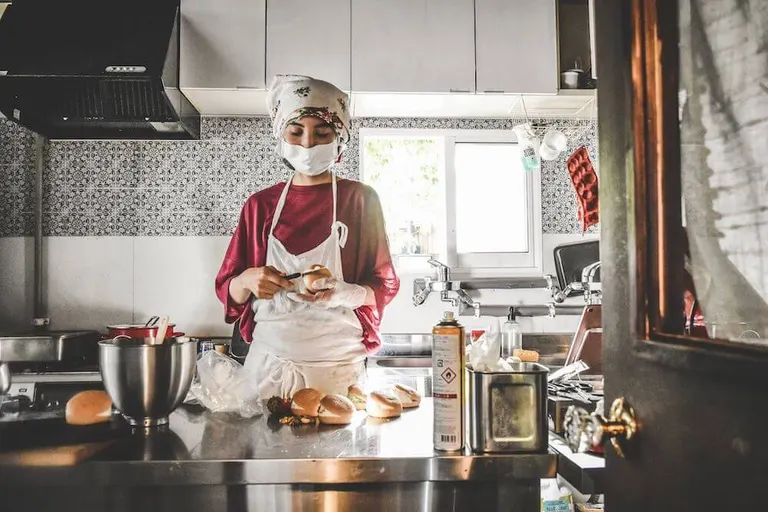
A world where everyone, regardless of physical condition, age, or beliefs, can share happy moments over equally delicious sweets. Just imagining such a peaceful world is exciting, and I look forward to its realization.
 Arisa Shibata
Arisa Shibata
Majored in physics at the Tokyo University of Science. After graduation, she joined a major IT advertising agency in Tokyo, where she proposed advertising plans for corporate clients. After returning to Hokkaido, she worked for a web design company, then became a freelancer before founding TREASURE IN STOMACH Inc., a company that cherishes peaceful food and living, where she serves as CEO. Her vision is “One table for everyone!” It embodies the hope for a wonderful dining table where everyone can laugh and say “this is delicious” together, regardless of religion, beliefs, or health conditions.
▼To learn more about Arisa Shibata, click here!
Domingo Local Player Page / Instagram / Twitter / note
▼To learn more about Arisa's Hokkaido Confectionery Shop chat, click here!
Domingo Spot Page / “Arisa's Hokkaido Confectionery Shop chat” Official Website
Writer Profile
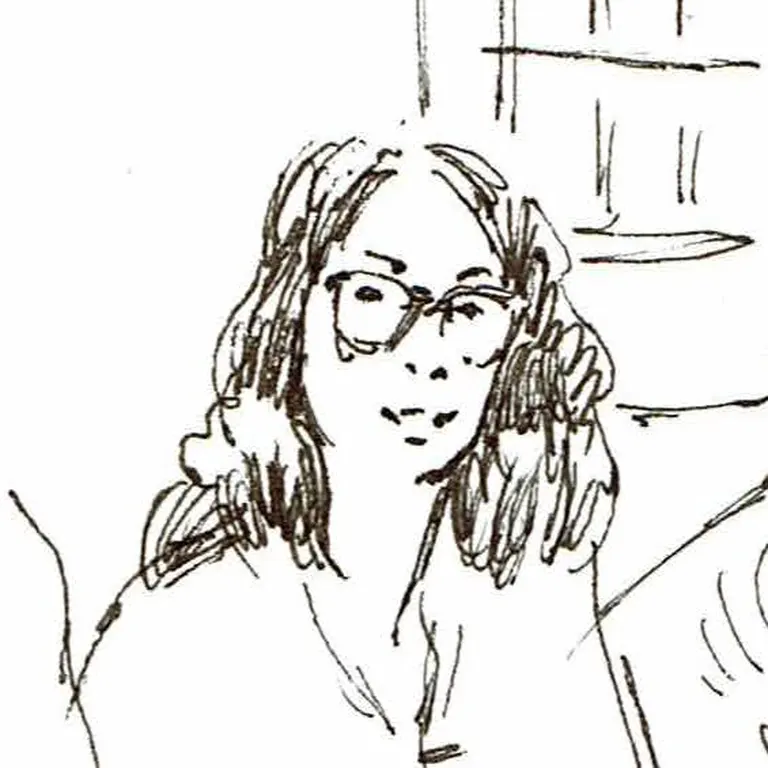 Satoko Nakano
Satoko Nakano
Born and raised in Tottori Prefecture, the least populated prefecture in Japan. After graduating from high school, I moved to Tokyo and lived there for about 20 years before moving with my family to Kimobetsu Town in August 2017. I enjoy the clear air and heavy snow at the foot of Mount Yotei, and I am touched by the warmth of the people every day.






